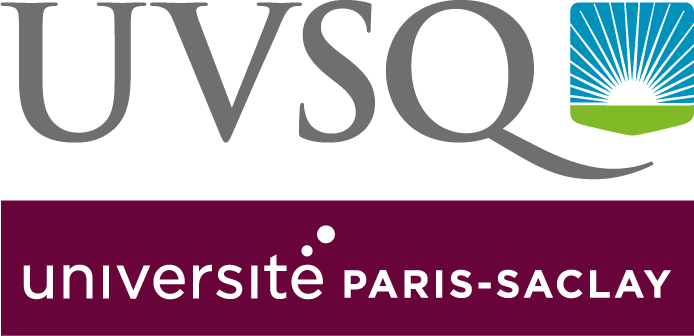Vous êtes ici : ENGLISHAbout UVSQNews
- Partager cette page :
- Version PDF
Soft quality management practices and product innovation ambidexterity: the mediating role of market orientation ambidexterity
Article de Younès El Manzani avec Mostapha El Idrissi et Zakaria Lissaneddine
le 10 mai 2022
European Journal of Innovation Management
Abstract
Purpose
This study empirically analyzes the direct impacts of soft quality management practices (SQMP) and market orientation ambidexterity (MOA) on product innovation ambidexterity (PIA). It also examines the mediating role of MOA in the relationship between SQMP and PIA.
Design/methodology/approach
Following a quantitative research methodology, a well-structured questionnaire is used to collect data from 130 Moroccan certified ISO 9001 firms. The conceptual framework of the study was tested using partial least squares structural equation modeling.
Findings
The results show that SQMP have no significant association with PIA while they positively and significantly impact MOA. The study also revealed that MOA has a positive and significant impact on PIA and fully mediates the relationship between SQMP and PIA.
Research limitations/implications
Due to the conceptualization of MOA and PIA as combined ambidexterity, the results of the study might be different in the case of balanced ambidexterity.
Practical implications
To achieve PIA, managers need to be aware that implementing SQMP, while important, is not enough. They must invest sufficient resources to properly implement these practices to support MOA. Consequently, MOA will lead their organization to PIA by establishing the significant impact of SQMP on PIA.
Originality/value
Regardless of the abundant literature on the relationship between quality management (QM) practices and innovation, this study is among the first to examine the impact of SQMP on PIA. Using MOA as a mediator can give a meaningful answer to the indecisive empirical results of the impact of QM on innovation. Furthermore, this research contributes to the scarce literature on relevant studies conducted in developing countries.
=> Consulter l'article sur emerald insight


